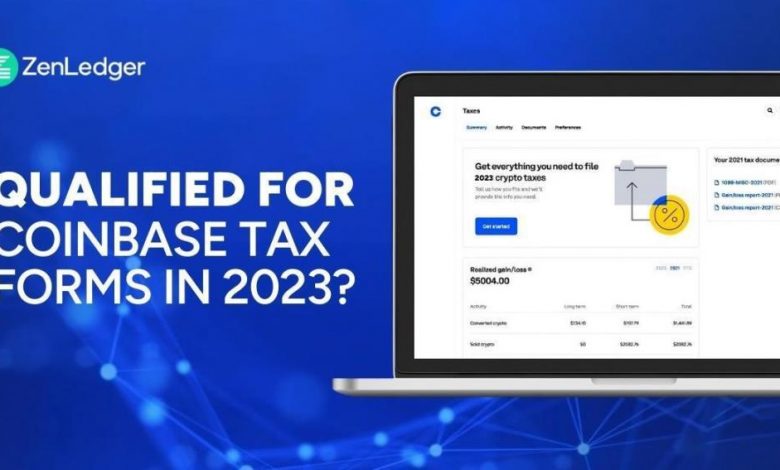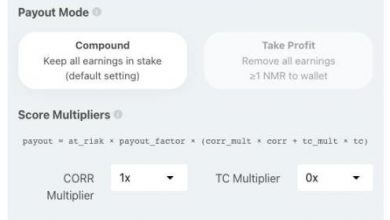Understanding Tax Implications for Coinbase Users

Understanding Tax Implications for Coinbase Users
Introduction
Cryptocurrency has gained significant popularity in recent years, and Coinbase has emerged as a leading platform for buying, selling, and storing digital currencies. While many users appreciate the convenience and potential profit that comes with using Coinbase, it is crucial to understand the tax implications associated with these transactions. In this blog post, we will explore some key considerations for Coinbase users when it comes to taxation.
Taxation for Coinbase Users
1. Determining Taxable Events
One of the first steps in understanding tax implications is determining when taxable events occur. For Coinbase users, taxable events include selling cryptocurrencies, converting one cryptocurrency to another, or using cryptocurrency to purchase goods or services. Each of these transactions may have different tax consequences, so it’s important to keep records of each taxable event.
2. Reporting Capital Gains
When you sell cryptocurrencies on Coinbase, you may potentially generate a capital gain. This gain represents the difference between the purchase price and the selling price of the coins. It’s essential to report these capital gains on your tax return, as the IRS considers them taxable income.
3. Tracking Cost Basis
To accurately report capital gains, Coinbase users need to track the cost basis of their cryptocurrencies. The cost basis represents the original purchase price plus any additional expenses such as fees or commissions. Coinbase provides users with transaction history and account statements, which can serve as valuable resources for calculating cost basis accurately.
4. Need for Form 1099-K or 1099-MISC
Depending on your level of Coinbase activity, you may receive Form 1099-K or Form 1099-MISC from Coinbase. Form 1099-K reports your gross sales proceeds, while Form 1099-MISC reports miscellaneous income. These forms help you ensure that you report the correct amounts on your tax return and avoid any discrepancies.
5. Crypto Mining and Self-Employment Taxes
Coinbase users engaged in cryptocurrency mining activities need to be aware of self-employment tax implications. If mining is considered a business, then any income generated from mining activities is subject to self-employment taxes. It’s essential to consult a tax professional to understand your specific circumstances and obligations.
Frequently Asked Questions (FAQs)
Q1: Do I need to report every transaction on Coinbase?
A1: While it’s not necessary to report each individual transaction, you should report any taxable events such as selling, converting, or using cryptocurrencies to purchase goods or services.
Q2: Are there any tax consequences for holding cryptocurrencies in my Coinbase wallet?
A2: Simply holding cryptocurrencies in your Coinbase wallet does not generate taxable events. However, when you sell or use them, tax implications may arise.
Q3: Can Coinbase provide tax advice?
A3: No, Coinbase cannot provide tax advice. It’s best to consult a qualified tax professional who can offer guidance based on your unique circumstances.
Q4: Are there any penalties for not reporting cryptocurrency transactions?
A4: Yes, failing to report cryptocurrency transactions accurately can result in penalties and interest. It’s crucial to comply with tax regulations to avoid any potential issues with the IRS.
Conclusion
As a Coinbase user, understanding the tax implications of your activities is crucial to ensure compliance with tax regulations. By keeping track of your transactions, accurately reporting capital gains, and seeking professional advice when needed, you can navigate the taxation landscape with confidence. Remember, taxes are an essential aspect of cryptocurrency ownership, so it’s essential to stay informed and avoid potential pitfalls.
If you have any specific questions about your tax situation or require tailored advice, it is recommended to consult with a tax professional.



